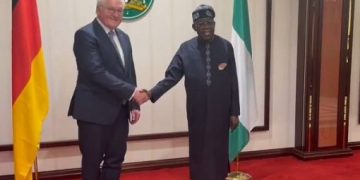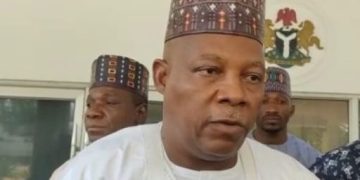The International Monetary Fund (IMF) has urged all countries, Nigeria inclusive to pursue sound policies to support economic and financial stability and growth-oriented structural reforms.
IMF’s Managing Director, Kristalina Georgieva, who gave the advise yesterday, noted that it is especially important in emerging and developing countries, where such reforms can boost output by up to eight per cent over four years.
She cautioned that the global economic recovery is slow and uneven, with medium-term growth prospects being the weakest in decades in an environment of still elevated inflation, high-interest rates, and growing fragmentation.
The IMF boss believes that in order to make the global economy stronger and more resilient in a more shock-prone world, it is vital to reach an agreement to increase the IMF’s quota resources before the end of the year and secure the needed resources for the Fund’s interest-free support to the poorest countries through the Poverty Reduction and Growth Trust.
READ ALSO: Plaza demolition by Gov Abiodun is executive recklessness – Mrs Daniel
“I call on our members to strengthen the global financial safety net. Since the start of the pandemic, the IMF has injected $1 trillion in reserves and liquidity through lending to nearly 100 countries and the historic SDR allocation; and I thank our members who have helped us reach the goal of channelling $100 billion to vulnerable countries,” she said.
She also urged G20 members to lead by example in delivering on the promises of $100 billion per year for climate finance, supported by strengthening the Multilateral Development Banks.
Georgieva said that while the IMF has secured over $40 billion to support vulnerable countries through our Resilience and Sustainability Trust (RST) to build climate resilience, countries also need to mobilize domestic resources to finance and manage the green transition through tax reforms, effective and efficient public spending, strong fiscal institutions, and deep local debt markets.
She further stressed on the need to harness the potential of digital technology for a prosperous future. She hailed India’s achievement in developing top-tier digital public infrastructure (DPI) stands as a beacon for others.
On digital money and crypto assets, the IMF chief said that the G20 has tasked relevant institutions to improve regulation and supervision of crypto assets even as the IMF is contributing to proposals for a comprehensive policy framework; and advance the debate on how central bank digital currencies could impact the global economy and financial system.
She concluded by saying that India’s G20 presidency is a powerful reminder that when the international community comes together to solve global problems, much can be accomplished.
















